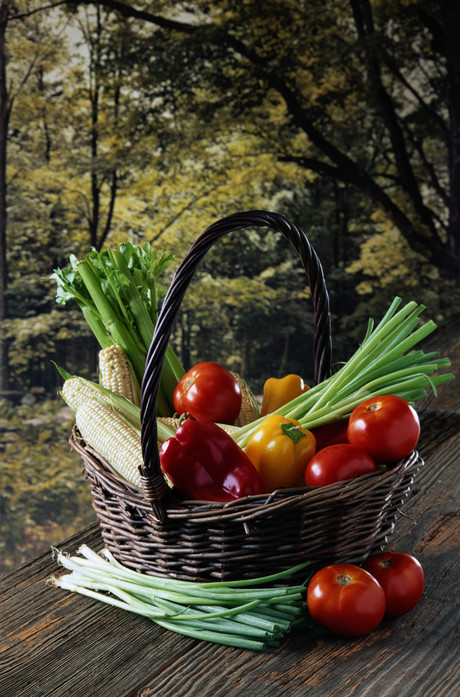Veggie farm profits up but farm numbers down

Smaller vegetable growers are finding it increasingly difficult to be competitive in the industry, according to a recent Australian Bureau of Agricultural and Resource Economics and Sciences (ABARES) survey.
The report estimated that the value of the Australian vegetable industry increased to around $3.6 billion in 2015–16, representing about 6% of the gross value of agricultural production.
The average farm cash income of Australian vegetable-growing operations is estimated to have increased to around $254,100 as a result of increased vegetable production and higher prices. However, at the same time total cash costs rose, with average cash costs rising by 29% to an average of over $1 million/farm due to rises in all cost categories captured in the report.
As the vegetable industry consolidates, the number of farms is decreasing. The number of vegetable-growing farms has fallen 37% from 2006–07 to 2015–16, driven primarily by declines in smaller growers, and the proportion of vegetable growers who recorded a negative farm business profit remained at a similar level to the 10-year average, with nearly 60% of vegetable growers recording a negative farm business profit in 2015–16.
According to AUSVEG, the vegetable industry’s peak industry body, the rise in the industry’s value and the overall increases in average farm incomes are positive signs for the future profitability of the industry, but the steep increase in costs poses a significant risk to many businesses, particularly smaller-sized farms.
“The rising value of the industry and the increasing trend for Australian vegetable exports shows that our industry has a bright future as a supplier of high-quality fresh vegetables to consumers in Australia and around the world,” said AUSVEG CEO James Whiteside.
“Large-scale farms have been mostly responsible for the increase in average farm income, as they can benefit from increased efficiencies and economies of scale. This has resulted in increased reinvestment into these businesses, including in technological and operational improvements, so that they can continue to innovate and develop their businesses to supply vegetables for local and international consumers.
“The increased production and demand for a wide variety of vegetables, particularly Asian vegetable varieties that were considered niche products not too long ago, shows growers are responding to Australians’ increasing appetite for a larger variety of fresh and value-added vegetables, which can demand a higher value at a retail level.
“The costs of doing business, particularly for hired labour, seed, freight and fertiliser, have increased significantly over the last 12 months, so while larger businesses are able to increase production and cover these increases, smaller growers often struggle to be competitive, which is driving increased consolidation,” said Whiteside.
Suntory Oceania's CEO Darren Fullerton to retire in 2025
Today, Suntory Oceania has announced that Darren Fullerton, CEO of Suntory Beverage & Food...
Grant Thornton's Dealtracker report for Ag, F&B sector
Grant Thornton's latest analysis report on agribusiness, food & beverage reveals mergers...
NZ Government plans to cut red tape for food exporters
The New Zealand Government is planning to make it easier for food exporters to take advantage of...











